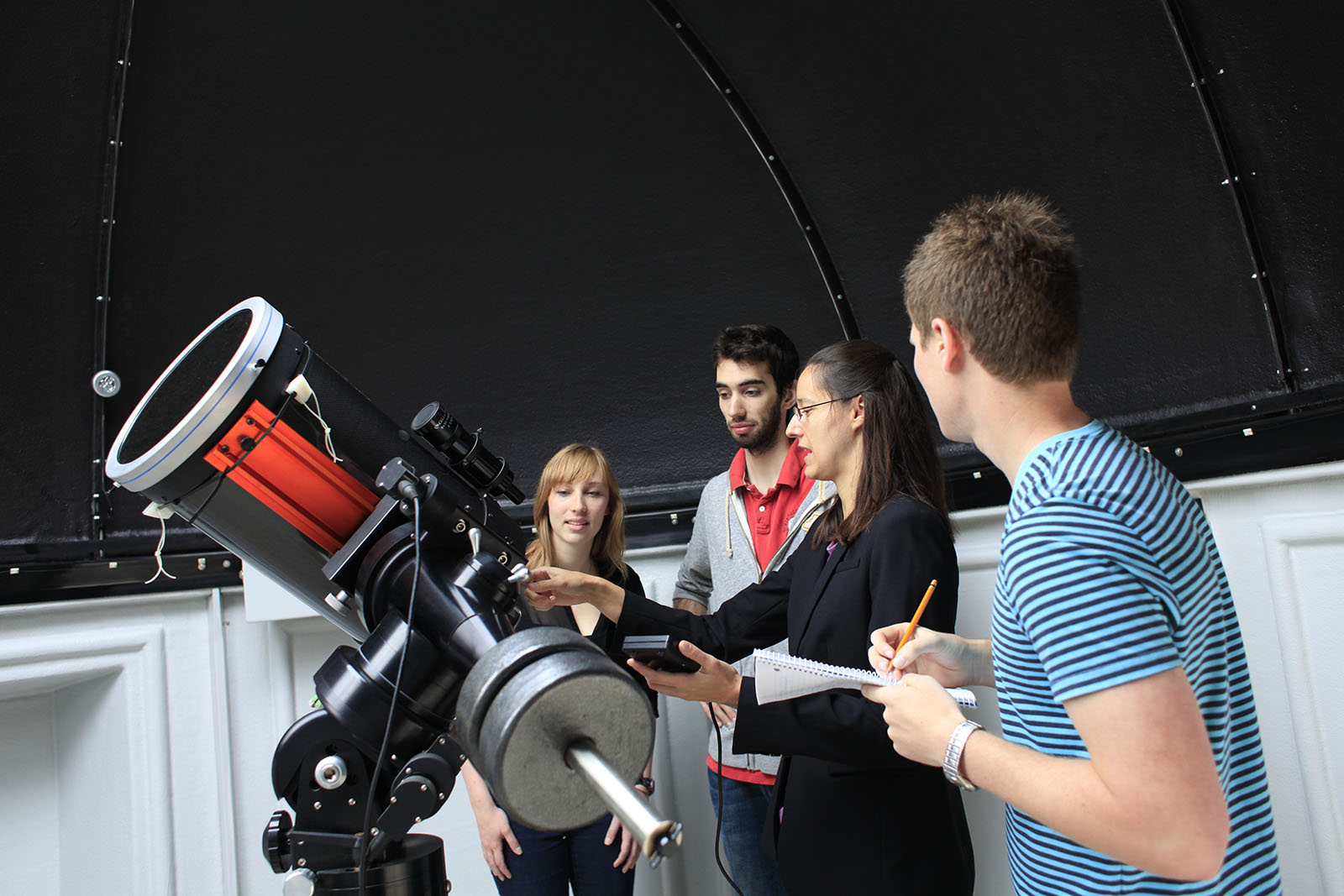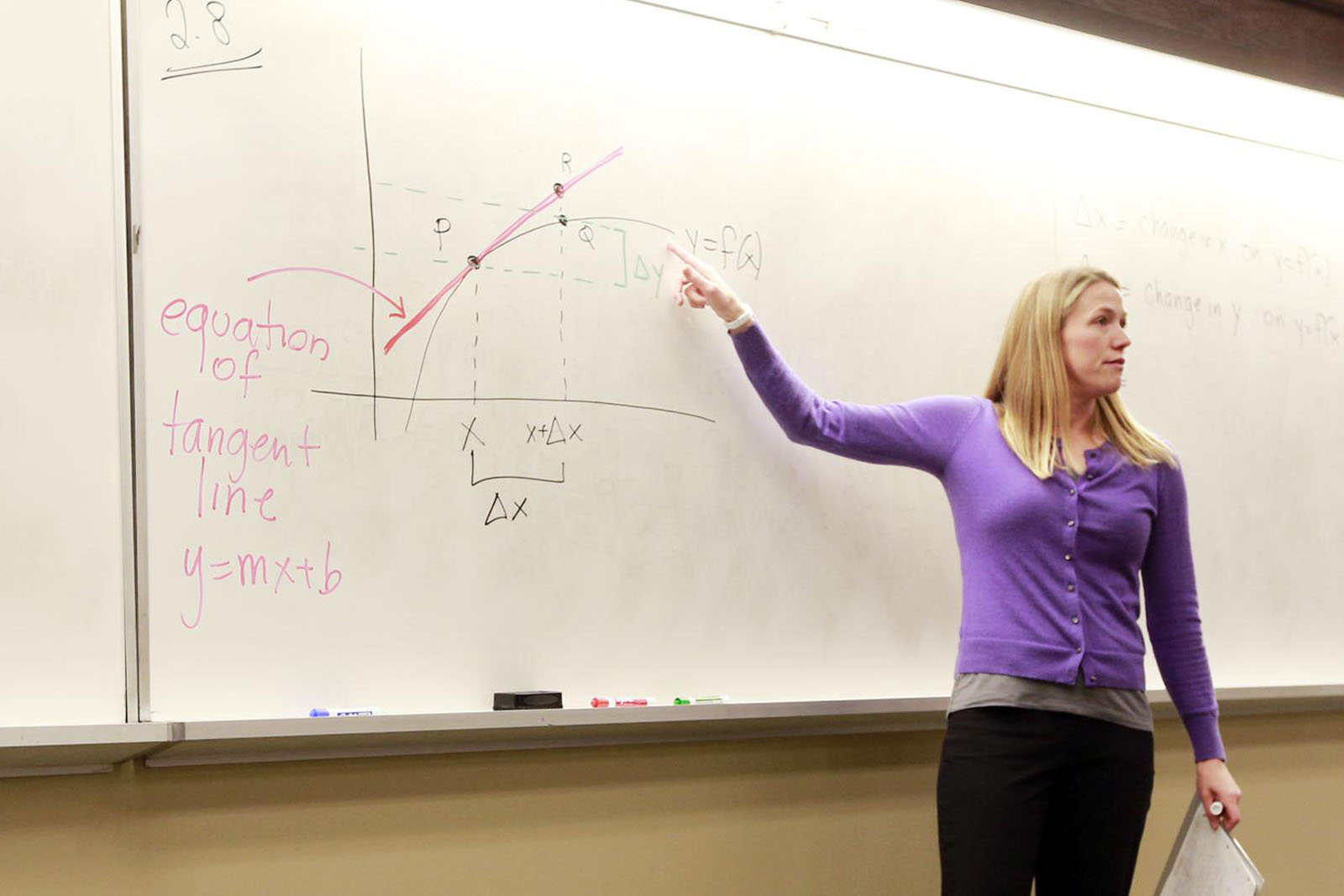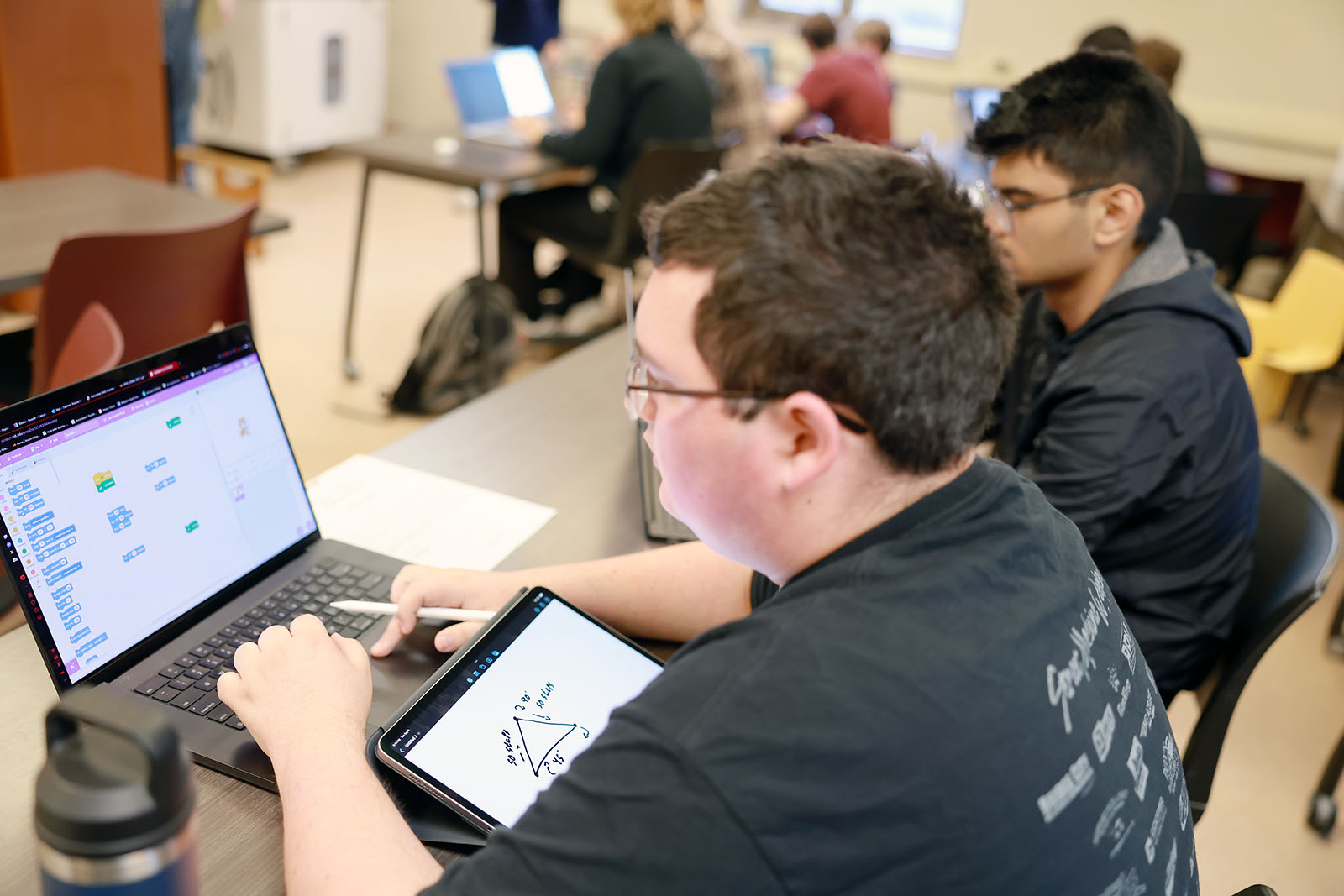Overview
Physics plays a central role in most technological developments in the modern world, as well as in the theoretical foundation for most other areas of science.
At a Glance
Curriculum
Why study physics at Mount Allison?
At Mount Allison, a key feature of physics is the experiential learning approach used in many courses — students learn through collaborative, hands-on activities.
In the program, the development of fundamental concepts and mathematical formulation proceeds simultaneously in a selected series of courses in physics and mathematics, from the elementary ideas of classical mechanics through modern relativistic, quantum and nuclear theories.
Physics is available as:
- BSc major (63 credits)
- BSc honours (87 credits)
- Minor in any degree (24 credits)
Also available in the Physics department:
- Minor in Applied Physics (24 credits)
- Minor in Astronomy (24 credits)
- BSc honours in Mathematics and Physics (90 credits)
- BSc honours in Computer Science and Physics
Not sure about the difference between a major, a minor, an honours, and a certificate?

Program highlights
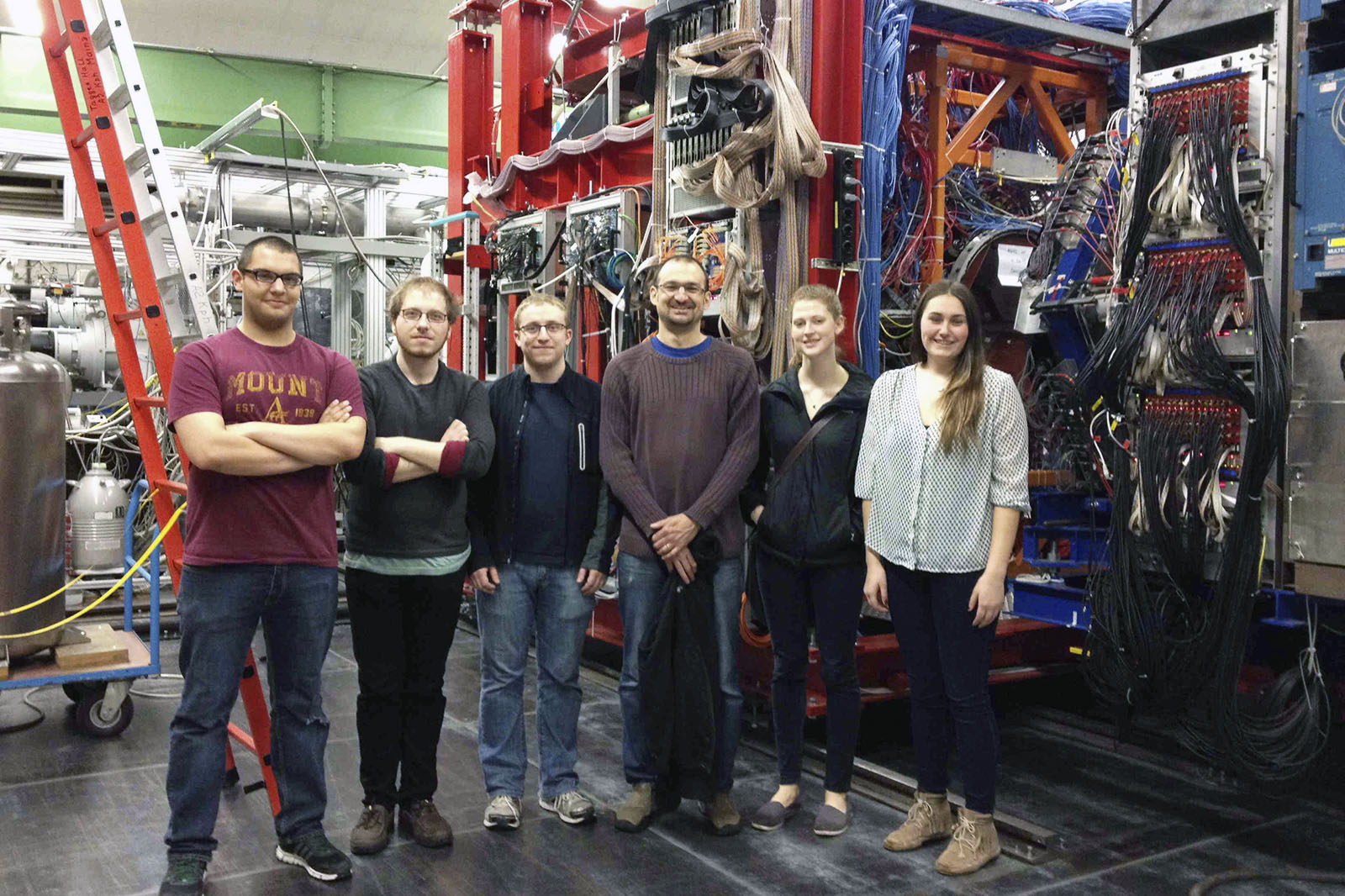
Undergraduate research opportunities
Physics students are encouraged to carry out independent research.
Faculty are actively involved in research, and there are many opportunities for students to participate in research through faculty-supervised independent research projects during summers or during academic terms.
Research opportunities in the Department of Physics include:
- experimental subatomic physics
- theoretical particle physics
- materials science
- medical physics
- stellar astrophysics
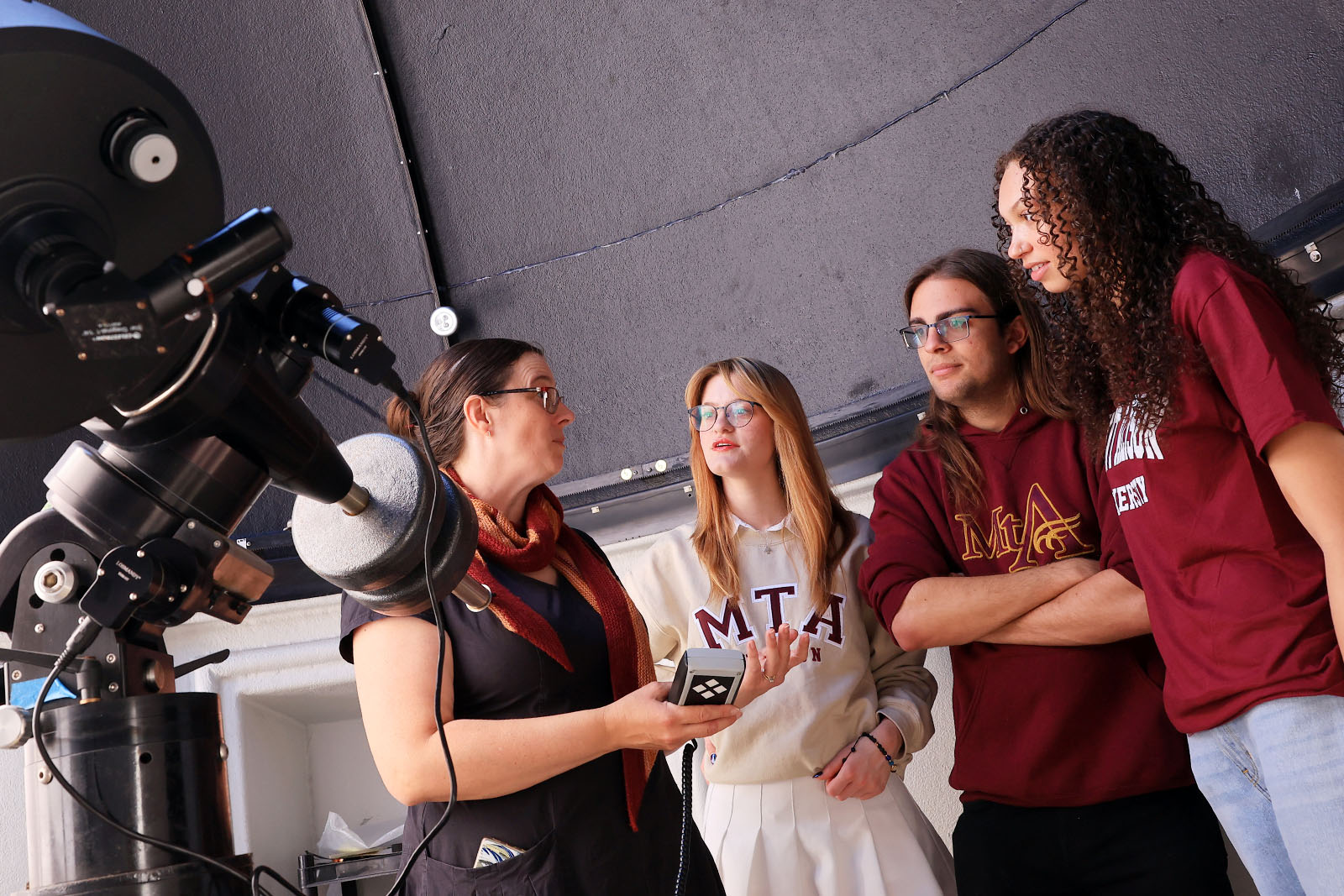
Facilities
Physics students have access to:
- an integrated laboratory-classroom for experiential learning
- an optics lab and darkroom
- astronomy, astrophysics, thermodynamic and fluids, and electronics and signal processing labs
- the Mount Allison Gemini Observatory (MAGO)
Many physics courses, including first-year courses, are taught using an experiential physics approach (learn physics by experiencing physics.) In these courses, students spend most of their time in collaborative student groups, discovering and applying physics directly in a hands-on and minds-on fashion.
Introductory physics involves a combination of mini-lectures, lab work, and collaborative learning experiences.
While in upper years you may choose to pursue studies in subjects like:
- astrophysics
- quantum mechanics
- electricity and magnetism
- statistical mechanics
- advanced physical chemistry
- electronics
- medical physics
- thermodynamics
- nuclei and fundamental particles
- solid state physics
- energy production and the environment
- modern optics
PHYS 1401 — The Physics of Music and Sound
This course explores various aspects of music production, sound transmission, and sound perception. Topics include: simple harmonic motion, waves and sound, standing waves, spectral analysis, the human ear and voice, auditorium acoustics, and woodwind, brass, and percussion instruments. It also introduces basic mathematical analysis. (Format: Integrated Lecture and Laboratory 3 Hours)
PHYS 3021 — Life in the Universe
This course will examine issues concerning the origin, evolution and survival of life in the universe from an astrophysical perspective. Topics covered include cosmology and the origin and evolution of the universe, solar system origin, detection of extrasolar planets, what is life and what conditions are necessary to sustain it, searches for life in the solar system, habitable zones, complex organics in extraterrestrial materials, delivery of organics to the primordial and current Earth and other planets, astrophysical threats to life on Earth, life in space, and searches for extraterrestrial intelligence.
PHYS 3451 — Methods of Mathematical Physics
This course provides students with a selection of mathematical skills needed in more advanced physics courses. It introduces frequently utilized mathematical methods in theoretical physics in close connection with physics applications. Topics include vector and tensor analysis, use of special functions, operators and eigenvalue problems. Fourier analysis, and complex variable techniques.
PHYS 3751 — Energy and the Environment
This course examines different aspects of energy harvesting, storage, and transmission with particular emphasis on the environmental impacts, sustainability, and development of renewable energy resources. It also introduces modern technologies based on the development of novel materials. Specific technologies and topics may include: wind power, photovoltaic generation, solar energy, nuclear fission, and fusion, hydroelectric, combustion based fuel generation, tidal energy and fuel cells. (Format: Lecture 3 Hours, Laboratory 3 Hours)
PHYS 3581 — Medical Physics
This course considers fundamental concepts of ionizing radiation, diagnostic applications of medical physics, and therapeutic applications of medical physics. Diagnostic topics include x-rays, computed tomography, magnetic resonance imaging, positron emission tomography, and nuclear medicine. Therapeutic topics include radiation generators, absorbed dose calculations, dose measurement, and brachytherapy. (Format: Integrated Lecture and Laboratory 3 Hours)
PHYS 4831 — Advanced Quantum Mechanics
This course extends the study of principles of quantum mechanics, comparing properties of continuous and discrete representations. It also develops time-independent perturbation theory for first order, second order, and degenerate cases and treats small perturbations through direct diagonalization of large matrices. This course examines variational principle, central force problems, elements of scattering theory, and the addition of quantized angular momenta. The course concludes with applications of quantum mechanics in molecules, aspects of relativistic quantum mechanics, time dependence in quantum and quantum statistics.
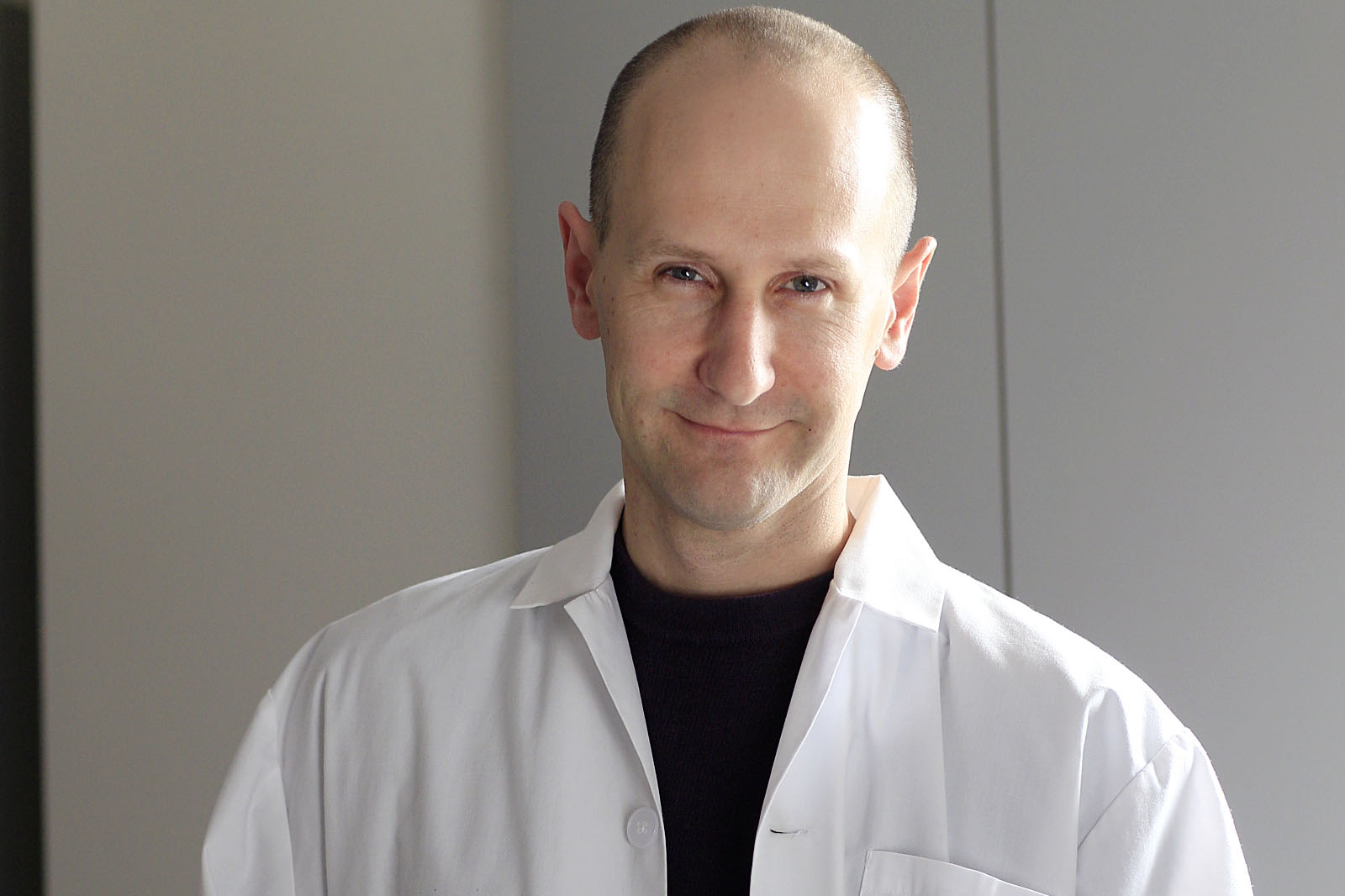
Faculty Spotlight
Dr. David Fleming
Professor, Physics
What can I do with a physics degree?
Through extensive lab experience, faculty-supervised research, and close mentorship, students develop practical skills and critical thinking abilities valued by employers and graduate programs.
Recognized by Maclean's as Canada's top undergraduate university, Mount Allison's strong academic reputation helps graduates stand out as they pursue diverse career paths.
Many go on to top graduate and professional programs in physics, while others go into careers in applied areas such as photonics, materials science, or biomedical engineering, or into careers in such fields as astronomy, space research, or oceanography.
Popular career paths for Physics graduates include:
- geophysicist
- aerospace/biomedical engineer
- air traffic controller
- artificial intelligence developer
- astronaut
- astrophysicist
- equipment developer/designer
- robotics technician
- meteorologist
- business systems analyst
- technical sales representative
Alumni Spotlight
Dr. Douglas Milburn ('86)
Bachelor of Science, Physics
Co-founder, Advanced Glazings
» Bringing unique technology to Cape Breton's manufacturing sector
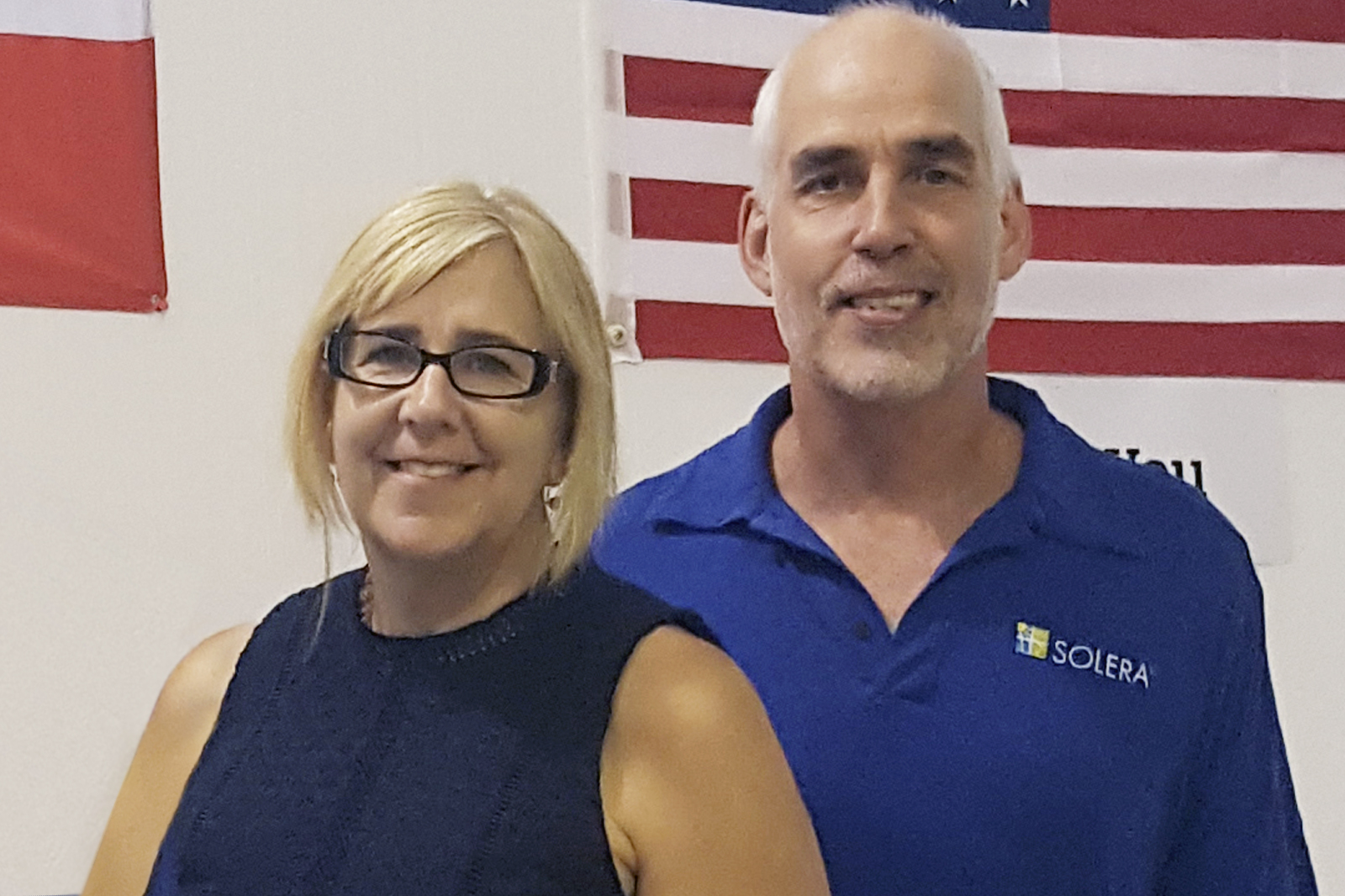
What is it like to study at Mount Allison?

The Physics Department at Mount Allison provides an engaging and personal environment that sets students up for success. The faculty goes above and beyond to make sure students’ learning experiences go beyond books and into practical applications. On top of this, the opportunity for research experience early on in the degree is unique to MtA and allowed me to apply my classroom knowledge to real-world problems.

The Physics program is exceptional in introducing students to many areas of physics. One of the best aspects of the program is the ease of becoming a summer research student which can give some insight into how physics research works. The small classes in general at MtA also allow for a more personal experience with the ability to directly talk with professors outside of class.


